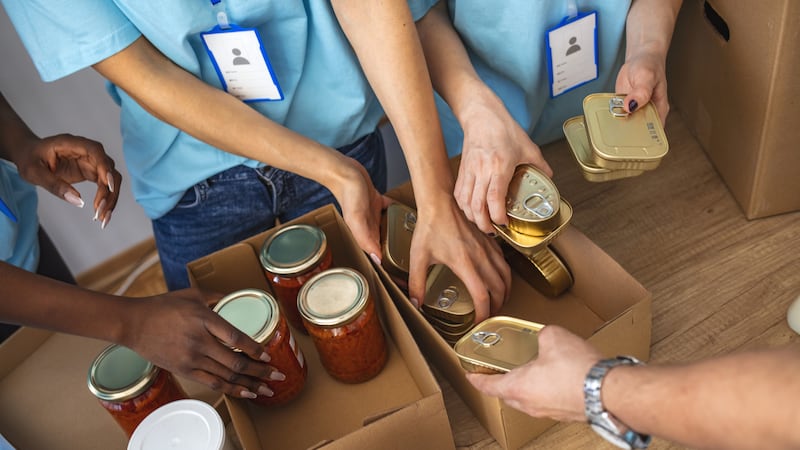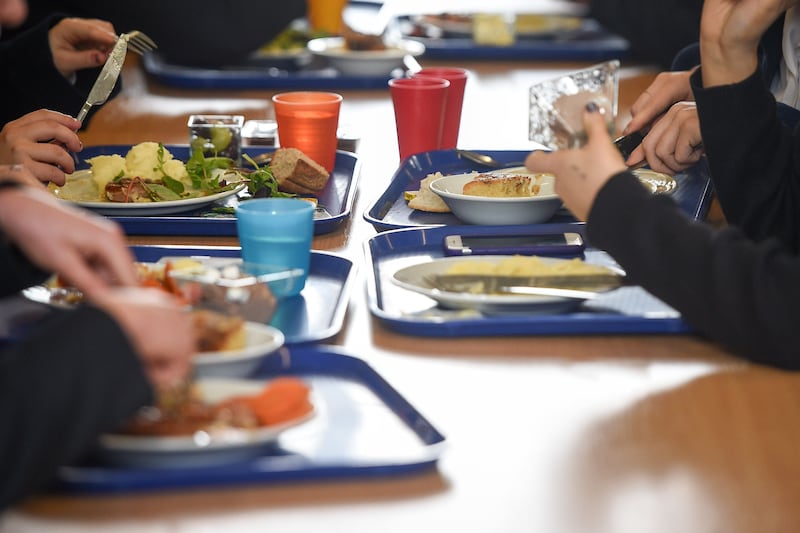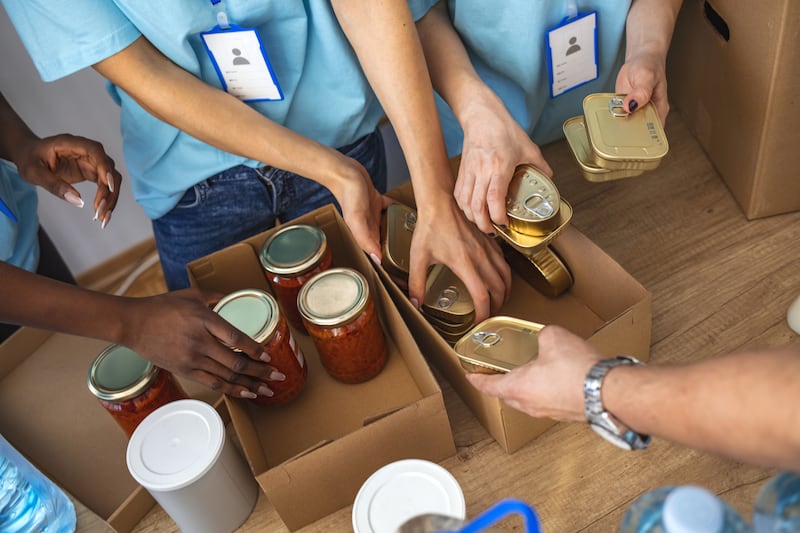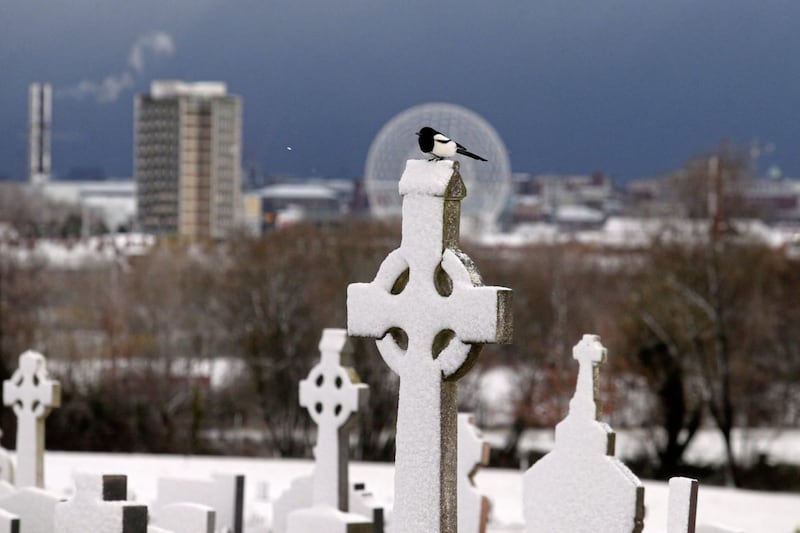Universities in Northern Ireland are 'least likely' to operate food banks, new research suggests.
In comparison, more than than a quarter of UK universities have a food bank service for students.
The research, carried out by an education think tank, said the findings reveal the need for urgent action to support students.
A report by the Higher Education Policy Institute (HEPI) also found that one in 10 universities have been giving out food vouchers.
Universities in Wales, the south west, the north east and the south east of England were most likely to operate a food bank, while those in Northern Ireland and London were least likely, the research said.
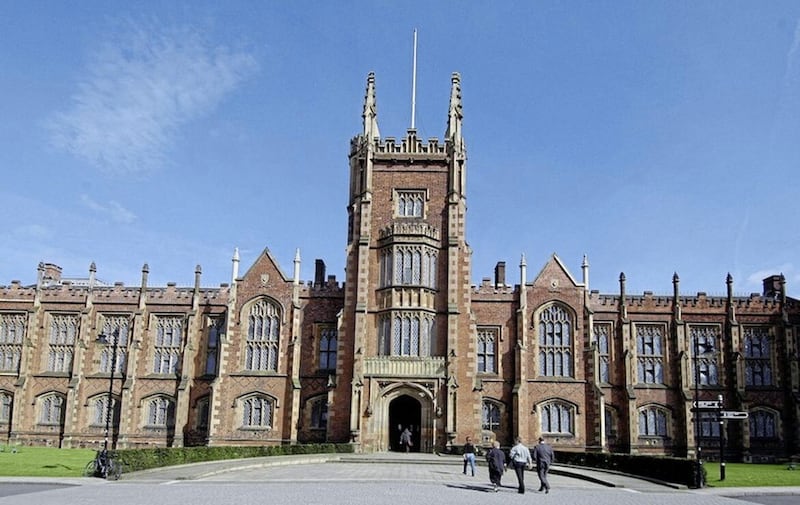
The HEPI report was based on a website audit of the 140 members of Universities UK, to see their strategies for supporting students.
Just over half were found to offer discounts on food, while 27 per cent were operating a food bank and 11 per cent were giving out vouchers.
A third of Russell Group universities, some of the most prestigious UK institutions of which QUB is a part of, were found to be operating a food bank, compared with 26 per cent of other universities.
Read more:
Belfast rally to call for 'Right to Food' as families struggle with costs
West Belfast food bank service praises `incredible' response to Turkey and Syria donation appeal
How do food banks work and who can access them?
The report noted "a range of innovative interventions", including at the University of Manchester which saw a cost-of-living working group established and £170 payments made to more than 90 per cent of its students.
HEPI has called on all universities to establish similar working groups, launch emergency funds and include students throughout their cost-of-living response, while it said student unions can encourage their university to act by mounting cost-of-living campaigns "founded on strong evidence and excellent relationships with university staff".
It said the UK government should establish a cost-of-living taskforce which consults regularly with students and sector leaders, and called on Westminster and devolved governments to routinely increase the student maintenance loan in line with inflation.
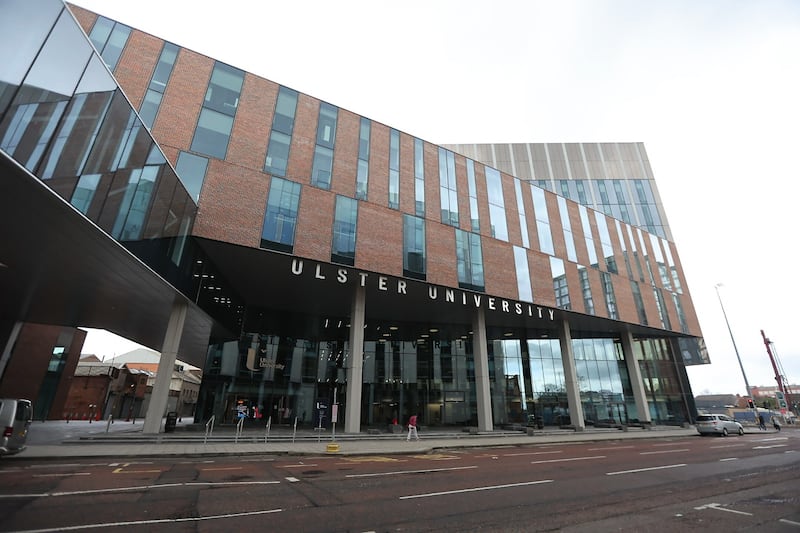
Report author Josh Freeman said universities are "stepping up as students experience their second major crisis in four years", after the pandemic.
But he said more can be done, adding: "It is past time for the Westminster government to address the real-terms decline in maintenance support, which leaves too many students at risk of deprivation - in what are supposed to be the best years of their lives."
Dr Simon Merrywest, director of student experience at the University of Manchester, said the report "raises important questions about whether universities should themselves be the ones to plug the growing gaps in student finance".
"This report clearly highlights the strength and breadth of the response of the sector to the recent cost-of-living crisis, with co-created solutions between students and university leaders at its heart," he said.
"The financial squeeze of the last two years has brought into even sharper relief pressures on students that have been growing for many years."

Professor Nick Braisby, vice-chancellor at Buckinghamshire New University, said he was proud that his institution had been recognised for its "comprehensive award-winning support package, enabled by agile leadership, flexible processes and committed staff".
"But universities should not and cannot bear responsibility alone for addressing the cost-of-living crisis facing our students," he said.
"We concur with the report's call for government to do much more - if they do not, higher education study will simply become unaffordable for many of our students.
"Ignoring their needs will cause immense damage to our higher education sector, to our society and to our students' life chances."
A spokesperson for Queen's University said it does not operate a food bank, but alongside the Student's Union offers a "food refill station" known as The Pantry at its One Elmwood student centre.
"Last year, over 6000 students were able to collect essential items which are designed to build nutritious meals, in addition to toilet rolls, soap and cleaning products," the spokesperson said.
"The Pantry will be funded for the next academic year, opening to students from Monday September 18.
"This is part of a wider package of measures rolled out across the university to support students with the increased cost of living which also included two cost of living supplements paid directly to students."
An Ulster University spokesperson said they had been "proactive in supporting students throughout the cost-of-living crisis" including through hardship funds.
The university is also starting a new 'student fridge' initiative this term, in which unsold pre-packaged food items will be made freely available at its campuses, while a new National Lottery Community Fund-backed 'grab-and-go' service will offer free breakfast items including beverages and protein/cereal bars.
